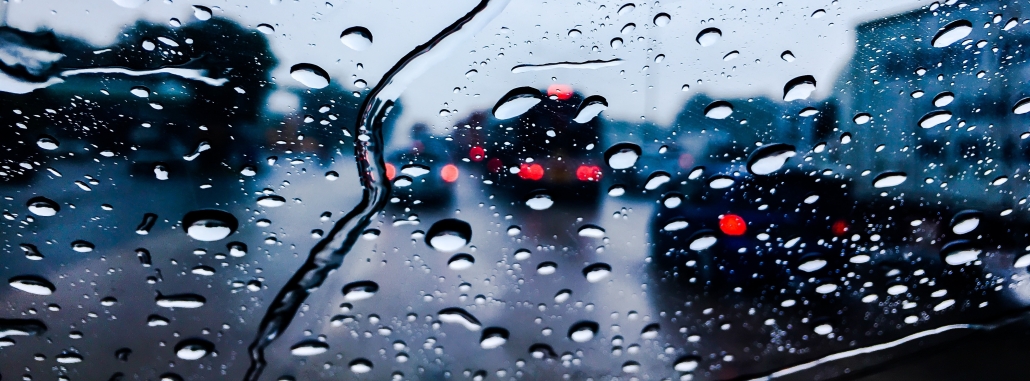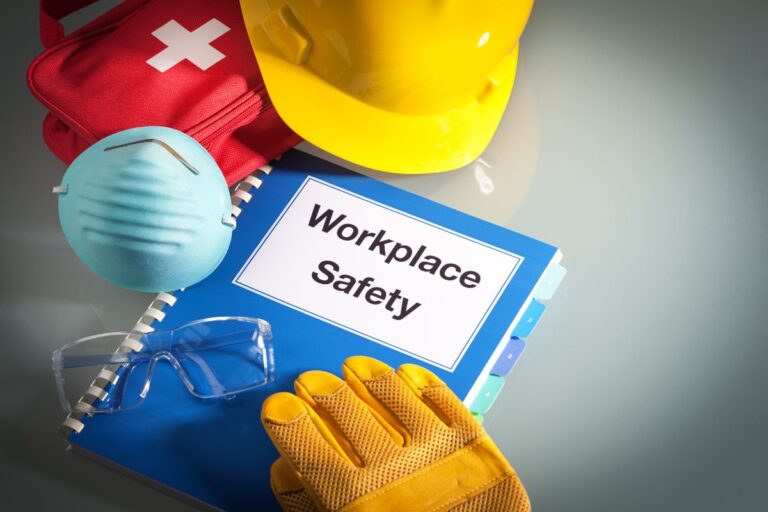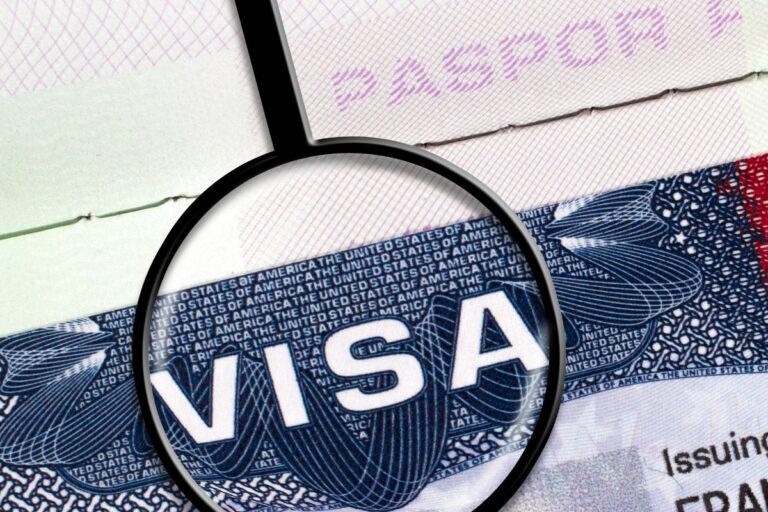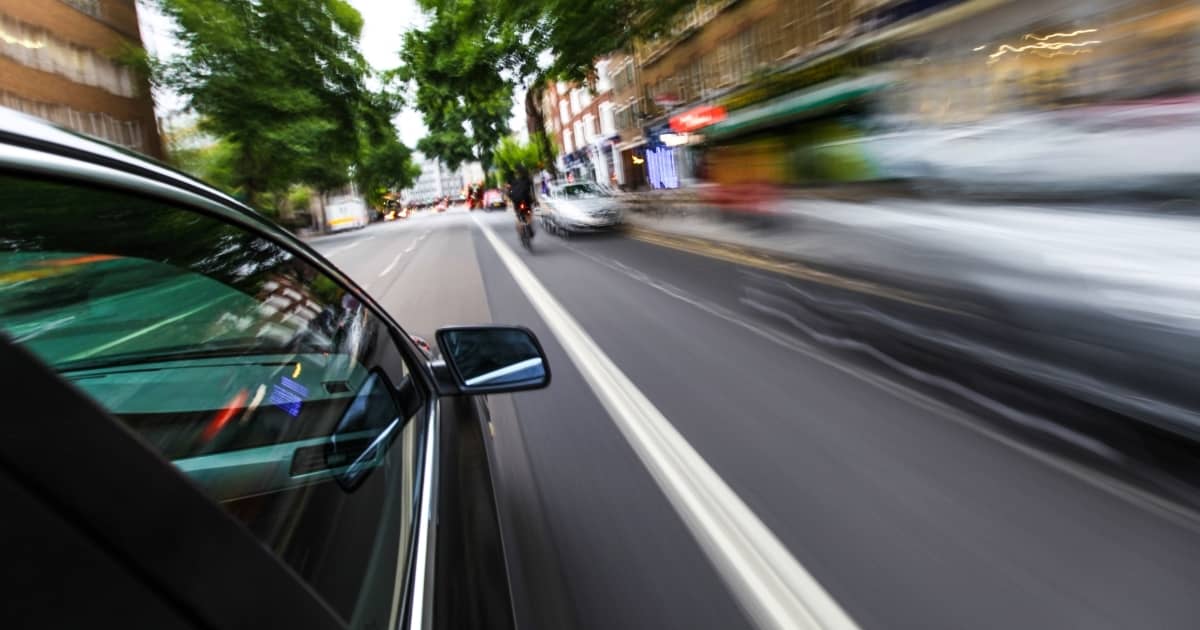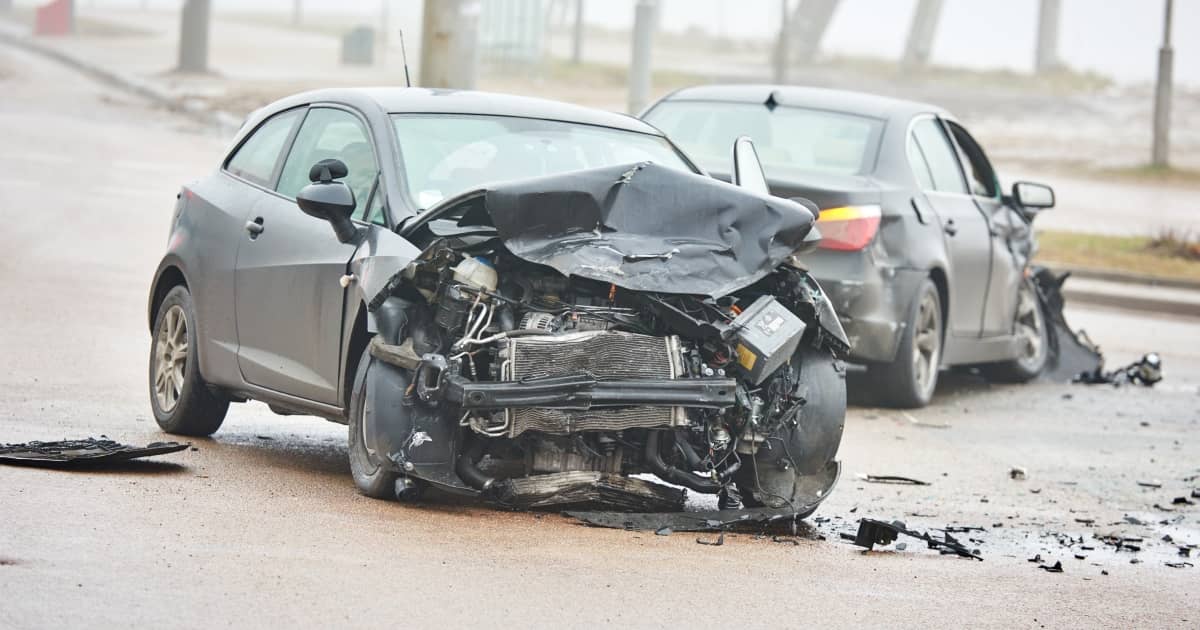[vc_row][vc_column][vc_column_text]It's back! The first rain of the season is expected to strike overnight Tuesday and snarl Wednesday's morning rush hour commute. Rain, especially the first rain after an extended dry period, will make the roads slick and poses extra danger for drivers. Being prepared for the oncoming storm can help keep you safe while driving. The number of reported accidents multiply during rainy weather, but following some simple rainy driving tips can reduce your risk.
Prepare for the Drive
If you know it's going to rain, be sure to check your windshield wipers, brakes, and headlights for any defects. Barely-functioning windshield wipers or cloudy headlights can greatly harm visibility and worn brakes can make it difficult to make an emergency stop. Be sure to allow extra time to get where you're going.
Brake Earlier than Normal
It takes a longer time for your vehicle to come to a stop in wet conditions. Braking too suddenly in slippery conditions can cause you to lose control of your vehicle. Beginning a braking maneuver early reduces the risk of stopping too late to avoid a collision or spinning out.
Drive Slower than Normal
Driving slower in wet weather can prevent situations where you're forced to come to an immediate stop. With lower visibility comes slower reaction times and less time to stop. Driving more slowly can counteract that.
Leave More Space Between Cars than Normal
Tailgating in the rain is can lead to a crash. As it takes longer to stop in wet conditions, it's advised to leave a larger space than normal between vehicles.
Turn On Headlights
Other vehicles will be able to see you much easier in the rain if you have your headlights on. If your windshield wipers are on your headlights should be on.
But Leave your High Beams Off
High beams can make it harder to see in rainy conditions and could pose a blinding danger to other drivers.
Don't Drive Through Puddles or Standing Water
Puddles and standing water can be hiding dangerous debris or potholes. Attempting to drive through them can cause damage to your vehicle, but can also result in hydroplaning. Hydroplaning is when your tires are not in contact with the road, but instead the water on the road. If this happens, avoid braking, as it could cause you to lose control of the vehicle. Only take your foot off the gas pedal until you regain control.
If a vehicle not following these wet-weather safety tips hits your vehicle, call the Law Offices of Scott Warmuth
Our car accident lawyers can help you seek medical care and financial compensation if you are the victim of an unsafe driver. We offer 100% free consultations, so call us today at 888-517-9888![/vc_column_text][/vc_column][/vc_row]
The Rain Returns – Wet Weather Driving Tips
Topics: Auto Accident
Nov 19th, 2019
